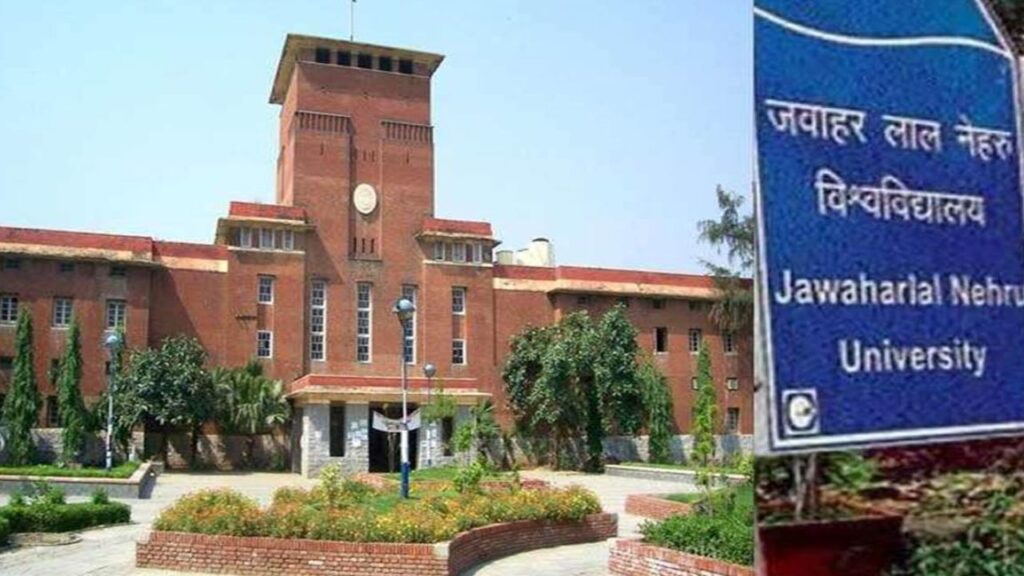The Jawaharlal Nehru University (JNU) has seen significant developments following a 15-day hunger strike initiated by the student union. The administration has agreed to some of their demands while also sending a letter to the University Grants Commission (UGC) to increase funding for the university. JNU Student Union (JNUSU) has hailed this as a partial victory, especially considering their request to raise the merit-cum-means scholarship from the current ₹2,000 to ₹5,000 per month.
Key Agreements Reached
The JNU administration has tentatively agreed to six out of twelve major demands put forth by the students. These include:
- Restoration of the previous in-house entrance examination system for admissions.
- Reinstatement of the JNU Entrance Examination (JNUEE).
- Conducting a caste-based census on campus.
- Increasing the scholarship amount for students.
- Reducing the weightage given to oral exams during the admissions process.
Caste-Based Census Demand Accepted
The students’ plea for a caste-based census has been acknowledged by the administration, marking a pivotal step in understanding the demographic composition of the university. This move is expected to lend support to various affirmative action policies and ensure that students from marginalized backgrounds receive adequate support and representation within the university community.
Continued Resistance from Students
Despite the administration’s verbal agreement during negotiations, the student union has not called off the hunger strike. JNUSU leaders, including President Dhananjay and Counselor Nitish Kumar, are on their 16th day of fasting, pressing for written confirmation of the discussed agreements.
Health Concerns Amid Protests
Concerns regarding the health of the hunger strikers have risen significantly. Dhananjay has reportedly lost over five kilograms, and his ketone levels have exceeded four, indicating severe strain on his kidneys, along with the onset of jaundice. Nitish has also lost seven kilograms and is experiencing significant weakness and muscle pain. In light of their deteriorating health, the JNUSU has initiated a progressive hunger strike and nighttime vigils to maintain pressure on the administration.
Historical Context of the Protest
The hunger strike commenced on August 11 and reflects a larger trend of student activism within educational institutions in India. Historically, JNU has been a center for political discourse and activism, with students frequently protesting against administrative policies that they perceive as unjust. This recent protest serves as a reminder of the ongoing struggles for better student welfare and rights within Indian universities.
Conclusion
As the hunger strike continues, the situation at JNU remains tense. With partial agreements made by the administration and ongoing health issues among student leaders, the outcome of this protest could have long-lasting implications for student rights and administrative accountability at the university. The fight for enhanced educational and welfare policies is far from over, and students remain steadfast in their commitment to achieving their goals.
